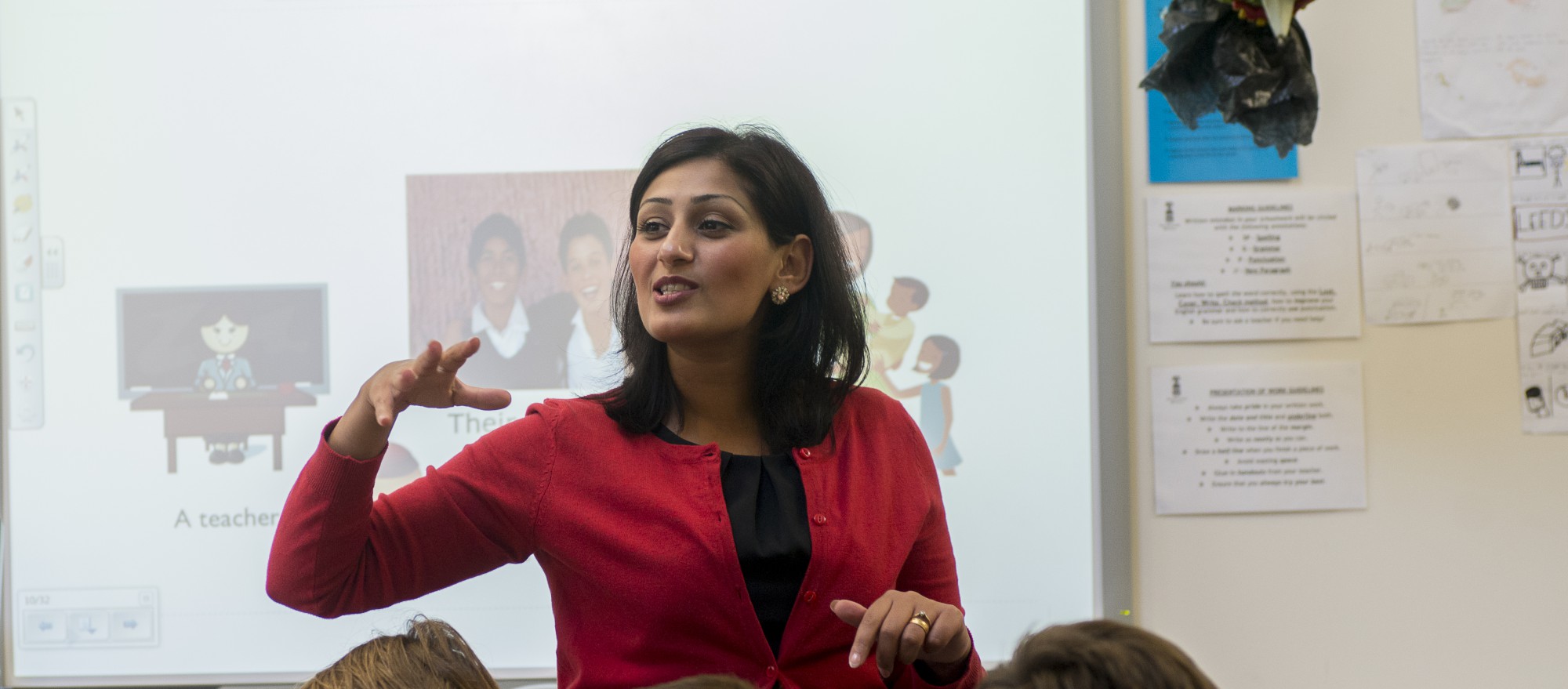Throughout the literature review it quickly became evident that there are multiple strengths and weaknesses to both mixed ability setting and setting by ability. There were multiple suggestions from various studies stating that setting by ability would be demotivating and result in a lack of progress in lower ability pupils (Dweck, 2008; Kyricaou, 2009; Peacock, 2006; Lowe and Turner, 2013).
Dweck (2006) in particular focused on the mindset of the pupil, and how the potential negative labelling of lower ability pupils (when set by ability) can reinforce expected outcomes of low attainment. Setting by ability can demotivate lower ability pupils, especially those with a fixed mindset whereas pupils with a growth mindset may not allow this negative labelling to restrict their achievement. In my own teaching practice, I aim to tackle this demotivation by creating differentiated success criteria for the pupils. They have a checklist of techniques and language devices to use within their own writing, and when they include an item correctly they can self-assess and tick it off on their personalised success criteria. With this small addition to the lesson pupils are able to visibly witness their writing achieving elements of their target grade and can feel empowered to push themselves further.
As well as in the lower ability groups, I have used key resources effectively in the top set year 10 group. As many of the pupils are identified as Pupil Premium the pupils need differentiated resources which focus on the context of the pupil, and potential, rather than solely their current attainment. Therefore, when studying a text I printed out the whole text for Pupil Premium pupils who were underachieving, to support their learning at home. This was given to them in conjunction with vocabulary lists for each chapter, in case the pupil did not have easy access to the internet or a dictionary at home.
Hallam and Ireson (2003) conducted a piece of large-scale research to analyse the attitudes of teachers towards pupil grouping; this included a sample of 1,500 teachers. Ultimately the attitudes towards the different types of pupils grouping depended on the teacher’s own experience, qualifications and subject. The study found that English teachers showed a clear preference for mixed ability teaching. This finding was very similar to my own small-scale research. All three English teachers who I interviewed suggested that they would incorporate mixed ability teaching in some format. An interviewee suggested using mixed ability teaching with lower ability pupils, whilst setting by ability for the higher ability pupils; this coincided with Kutnick et al.’s (2005) findings. A further interviewee suggested using mixed ability setting in Key Stage 3 (KS3) groups and setting by ability in Key Stage 4 (KS4) groups. This was in the aim of eradicating demotivation in the younger pupils, and then being able to focus strictly on exam technique in KS4, in the process of preparing for GCSEs.
Overall, my small-scale research highlighted the confusion centred on pupil grouping and whether there is a preferable style of grouping in each subject. It seemed that in English mixed ability grouping could have more benefits, especially in terms of pupil self-esteem and well-being. A clear limitation of my study is the size of the sample, as I only interviewed three teachers and sent out questionnaires as volunteers for other staff members. In order to draw conclusions from the study it would have to have a much larger sample size and therefore be able to compare and contrast types of grouping effectively.
List of References
Dweck, C. (2008) Mindset: The New Psychology of Success. New York: Ballantine Books.
Hallam, S. and Ireson, J. (2003) ‘Secondary school teacher’s attitudes towards and beliefs about ability grouping’. British Journal of Educational Psychology, 73 (3): 343-356.
Kutnick, P. et al. (2005) ‘The effect of pupil grouping: a literature review’. DfES Research Report RR 688. London: DfES.
Kyriacou, C. (2009) Effective Teaching in Schools: Theory and Practice. Cheltenham: Nelson Thornes.
Lowe, H. and Turner, T. (2013) ‘Pupil Grouping, Progression and Differentiation’ in Capel, S., Leask, M. and Turner, T. (eds.) Learning to Teach in the Secondary School: A Companion to School Experience. 5th edn. London: Routledge. pp.157-172.
Peacock, A. (2006) ‘Escaping from the bottom set: finding a voice for school improvement.’ Sage Publications, 9 (3): 251-260.
